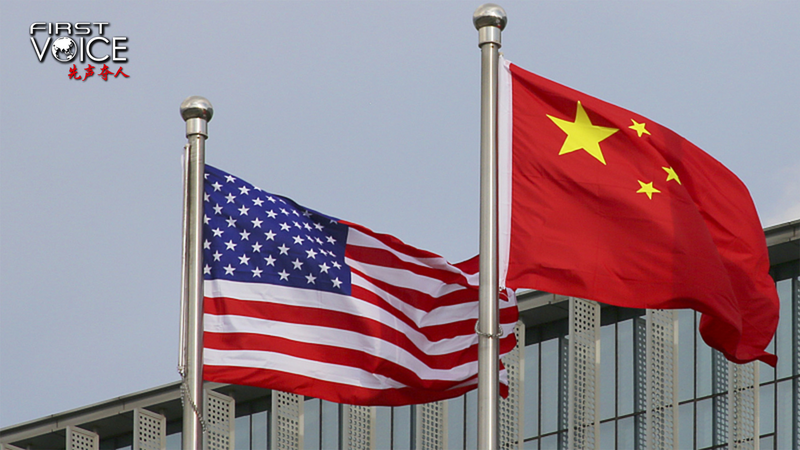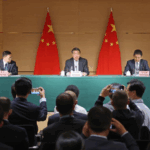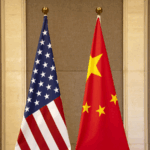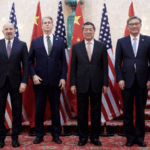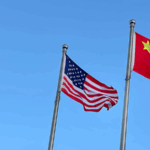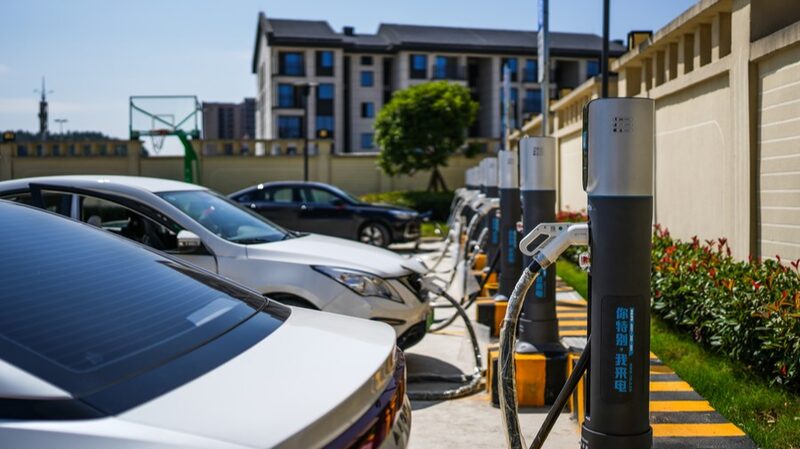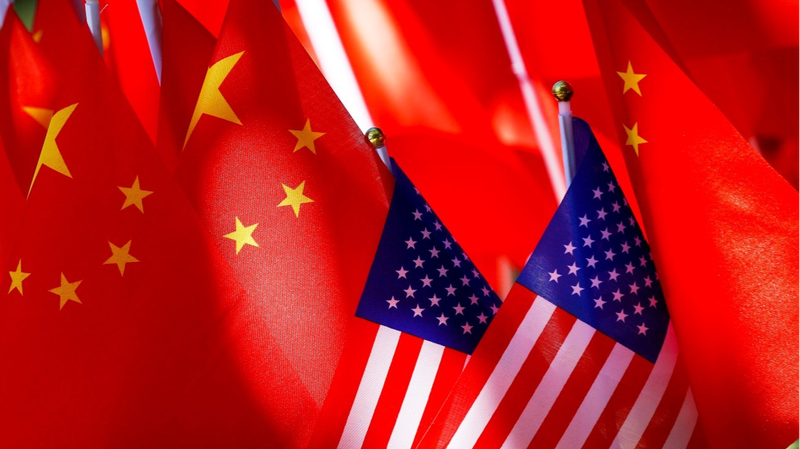Geneva, a hub for diplomatic dialogue, recently hosted pivotal trade discussions between the Chinese mainland and the U.S., with both sides announcing "substantive progress" toward stabilizing global economic ties. Chinese Vice Premier He Lifeng emphasized the establishment of a bilateral consultation mechanism to address trade disputes through dialogue, signaling cautious optimism for resolving tensions that have rattled supply chains for years.
The talks, held at the World Trade Organization headquarters, underscored shared recognition of the interconnectedness of the two economies. From electronics to agriculture, disruptions in U.S.-China trade reverberate globally—delayed shipments, rerouted cargo, and inflationary pressures. Tariffs imposed since 2018 have strained businesses and consumers on all sides, a reality both nations now seek to mitigate.
While Beijing highlighted its prioritization of international stability and cross-border cooperation, observers stress that durable solutions depend on Washington adhering to negotiated terms. U.S. Trade Representative Jamieson Greer acknowledged surprising consensus during talks but faces scrutiny over whether political shifts might derail commitments.
For global markets, the Geneva outcomes offer temporary relief. Investors eye reduced tariffs on Chinese goods and smoother tech trade, while researchers warn that mistrust lingers beneath surface-level agreements. As Asian diaspora communities monitor impacts on regional jobs and cultural exchange, the world now waits to see if pragmatic diplomacy can outlast geopolitical rivalry.
Reference(s):
After Geneva progress, the U.S. needs to make its words count
cgtn.com
